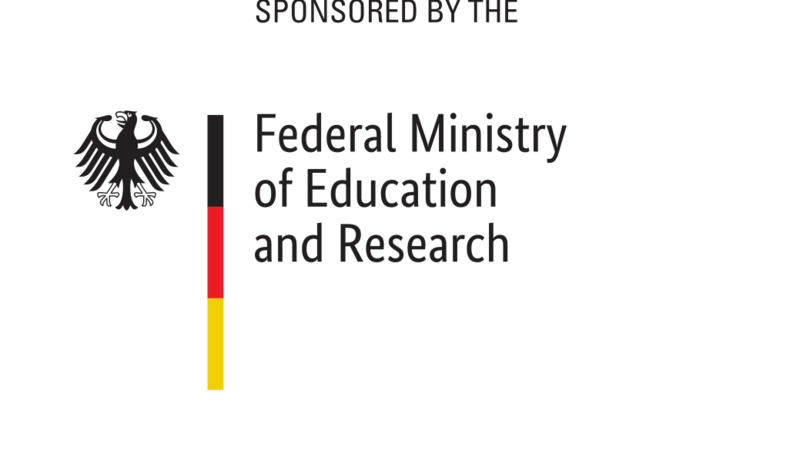Night spaces: migration, culture and IntegraTion in Europe (NITE)
Our transdisciplinary project studies the social and cultural life of migrants in public spaces in eight European cities (Rotterdam, Amsterdam, London, Berlin, Aarhus, Lisbon, Cork and Galway) at night.
Night spaces are important sites of crisis and regeneration, memory and heritage, community solidarity, and growth. Night-time culture (expressed through music, film, digital platforms, performance) opens up new spaces of belonging and cross-cultural understanding.
Authorities have long struggled to control the urban night, often perceived as a site of threat and potential criminality. Current policy attention to night-time economies, exemplified by the creation of the office of Night Mayor in Amsterdam and Night Czar in London, and the emergence of ‘night studies’ as a transdisciplinary field, provide an opportunity for transdisciplinary humanities-led research to contribute otherwise overlooked evidence on the production, experience and narration of night-spaces associated with migrants.
Our research addresses this blind spot by focusing on nocturnal public spaces (»nightscapes"), in their social and imaginative constructions, acknowledging that more attention must be paid to the social life of displaced people after dark. Mindful of the increasing attention to cities’ nighttime economies, it aims towards a fuller understanding of migrant communities’ nocturnal experiences and cultural contributions in Europe and of the potential for better use of nighttime public spaces towards inclusivity.
The project is coordinated by Leiden University and includes numerous academic institutions, in addition to various practice partners such as the London Night Czar or the Amsterdam Night Mayor. The project team at the Leuphana University Lüneburg, whose members are Manuela Bojadzijev and Laura-Solmaz Litschel supported by Jola Zych, is responsible for the research on the transformation of the urban night through the shift to the smart city. Using the example of platform-based services, the research examines, firstly, how the Berlin night is transformed by digitization and, secondly, what social figures this new digitized city night produces. NITE is funded by the European programme Humanities in the European Research Area (HERA) and by the Federal Ministry of Education and Research (Germany) its duration is from May 2019 — May 2022.
- Prof. Dr. Manuela Bojadzijev
 ©BMBF
©BMBF
